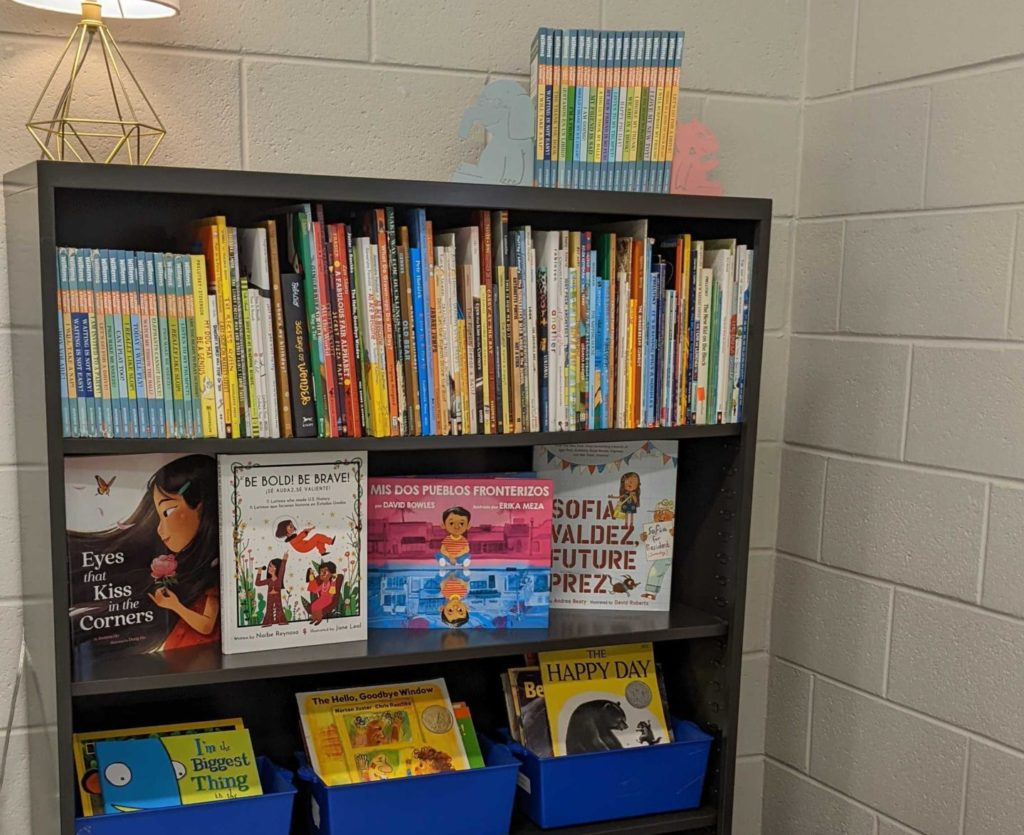
A new state law means that some schoolchildren in Tennessee may start the year unable to read many of the books available in their own classrooms.
The law requires all public schools in Tennessee to post a list of materials available in their libraries. But the rule also applies to classroom libraries, which not all districts initially realized, and many teachers have not yet taken inventory.
The new measure is meant to allow parents to more closely scrutinize the books their kids can access. But teachers sometimes have hundreds, even thousands of books in their classroom collections. This new policy means students may not be able to use them until they’re catalogued and posted online.
Teacher Sydney Rawls took to TikTok explaining the conundrum this causes.
“The kids want to read books,” Rawls says in the video. “Because if they finish early or something, they’re asking — the kids in here are asking me ‘Can I go get a book and read?’ And they’re so excited. And I have to say ‘no.’”
Rawls did not respond to an interview request.
One district that is asking teachers to take inventory as they start the year is Murfreesboro City Schools, but it says it’s offering teachers flexibility to complete the task. The district hasn’t set a deadline and says teachers can use an app to get the job done. Alternatively, they can opt to use materials in their classroom that are already part of the main library catalog.
But some districts thought the rule applied only to their school libraries. The state education department says it will send guidance this week that any materials not included in the curriculum — regardless of where they’re located in a school — need to be cataloged and posted. In addition to books, the law requires schools to list “periodicals, newspapers, manuscripts, films, prints, documents, microfilm, discs, cassettes, videotapes, video games, applications, and subscription content in any form.”
The law also requires school boards to come up with a process for developing and reviewing library materials. That means districts will need to create a process for parents, students and employees to give feedback, and potentially remove materials that are deemed not age appropriate.
This law takes effect as certain books have been restricted in schools across Tennessee. In McMinn County a graphic novel about the Holocaust was removed from the eighth grade curriculum earlier this year. And in Williamson County, Walk Two Moons was removed from the academic plan, with some parents calling for even more titles to be pulled.

